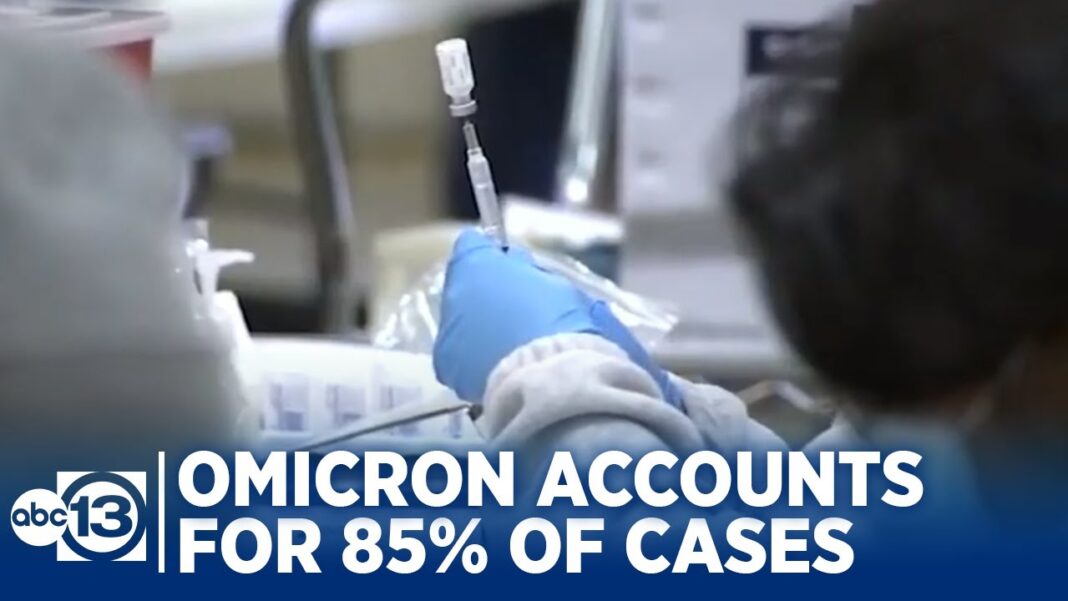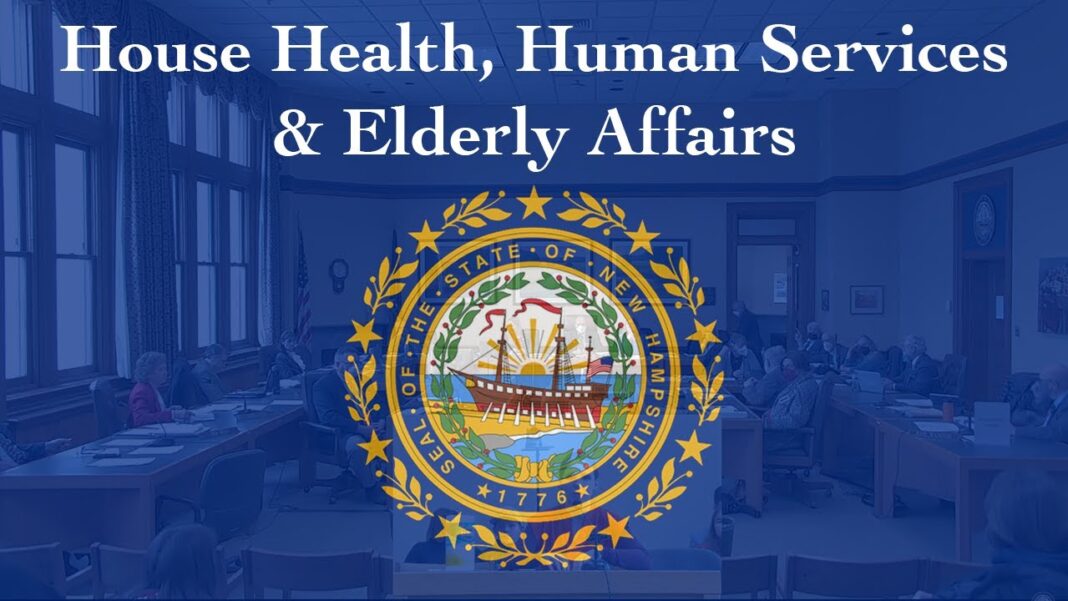
About half of the Omicron cases in a major hospital system in Texas have been among the vaccinated, according to a new study funded in part by the U.S. government.
Researchers with Houston Methodist Hospital and other institutions performed genome sequencing of patients with COVID-19 in the Houston area and identified 862 people with symptoms whose infections were caused by Omicron, a variant of the CCP (Chinese Communist Party) virus, or SARS-CoV-2. The infections were recorded from late November 2021 to Dec. 18, 2021.
Of those patients, 430 met the Centers for Disease Control and Prevention’s (CDC) definition of a breakthrough case, or a COVID-19 case that occurs among vaccinated people.
Most of the patients, 299, had received two doses of the Pfizer-BioNTech COVID-19 vaccine—the rest received either a Moderna primary vaccine series or the single-shot Johnson & Johnson vaccine.
The percentage of vaccinated patients was much higher for the Omicron variant than for the Alpha or Delta coronavirus variants, according to researchers.
The percentage jumped from 3.2 percent for Alpha to 24.1 percent for Delta to 49.9 percent for Omicron. All three strains are labeled as variants of concern (VOC) by the World Health Organization.
The study also found 85 patients who had gotten a vaccine booster dose, but still contracted symptomatic COVID-19.
“Consistent with Omicron causing a significantly increased number of vaccine breakthrough cases, it has been reported that this variant has reduced sensitivity to antibody neutralization in vitro, likely in large part due to the extensive number of amino acid and other structural changes occurring in Omicron spike protein,” researchers wrote in the preprint study, which hasn’t yet been peer-reviewed.
Dr. James Musser, with Houston Methodist’s Center for Infectious Diseases, led the work with colleagues and experts from the Weill Cornell Medical College in New York and the University of Chicago. The study was funded by the Houston Methodist Academic Institute Infectious Diseases Fund, the National Institutes of Health (NIH), the National Institute of Allergy and Infectious Diseases, and the U.S. Department of Health and Human Services.








